The organization recorded 30 cases in which police officers violently advanced against journalists, photographers and cameramen from digital, print and televised media outlets.

A Haitian journalist was hit by a gunshot as police fired live ammunition during a protest in Port-au-Prince on Sept. 30, according to the radio station where he works, Radio Sans Fin.
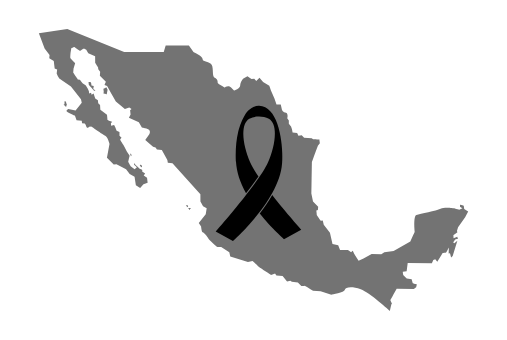
The body of Mexican journalist Rogelio Barragán was found in the trunk of a car in the state of Morelos late during the night of July 30.
A Colombian judge prohibited journalist Claudia Julieta Duque from issuing opinions and photographs in the context of a proceeding against Emiro Rojas Granados, former deputy director of the country’s now extinct intelligence department, accused of psychological torture against Duque.

The car of Haitian journalist Kendi Zidor, reporter and columnist for newspaper Le National, was shot several times in Port-au-Prince, according to local media.

The Colombian State will be judged by the Inter-American Court of Human Rights in the case of the abduction, torture and sexual violence against journalist Jineth Bedoya Lima 19 years ago.
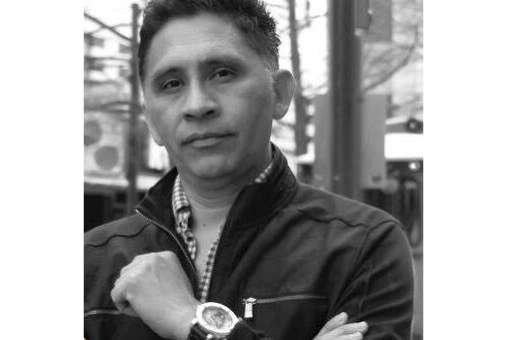
Salvadoran journalist Manuel Durán was released from U.S. Immigration and Customs Enforcement (ICE) detention on July 11 more than one year after his arrest while covering an immigration protest.

The Board of Immigration Appeals (BIA) ordered the reopening of the case of journalist Manuel Durán, who said he fled El Salvador in 2006 due to death threats because of his journalistic work.
A group of congress members defended the cameraman, an event in which the congresswoman Nora Bracho was hit, Efecto Cocuyo added.
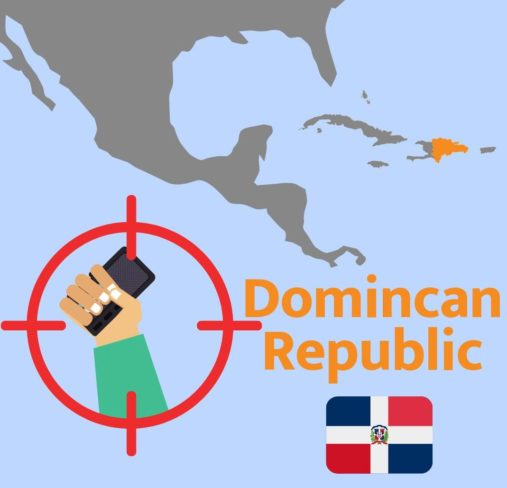
His vehicle was found abandoned on a farm in another province in the north of the country, the media outlet said.
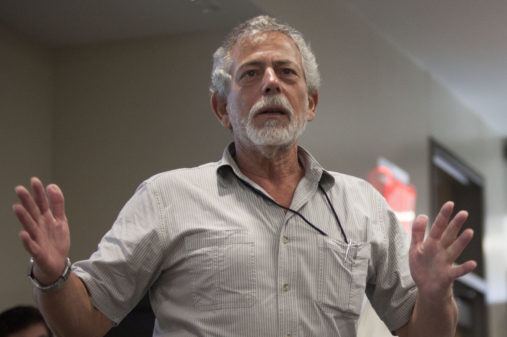
Gorriti considers that the advance of investigations into Operation Car Wash motivated these demonstrations and the acts of harassment against IDL-Reporteros.
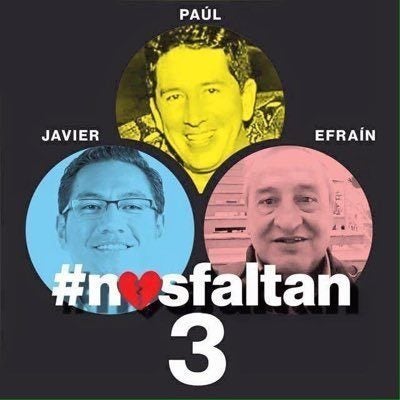
"For us it is a total mistake. Reducing the risk for journalists to four criminal risks is not recognizing that the main risks and aggressions have come from the State in the last 12 years," César Ricaurte said